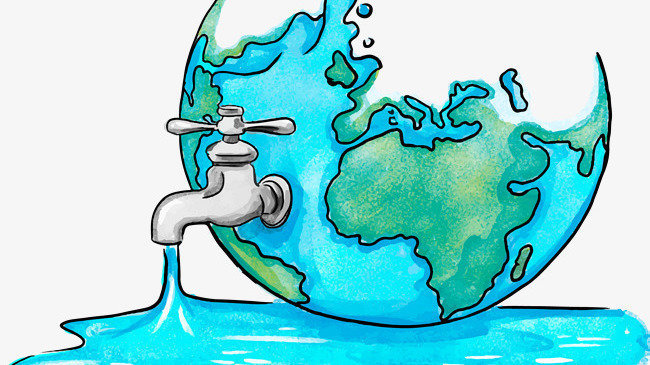Water Waste: There Are Better Solutions!
May 24, 2021
Once water is flushed down the toilet, where does it go? If you live in an area in close proximity to other households, your water waste (shower, dishes, bathes, flushes, etc) all goes to the sewers. But if you are in an area with farther distanced estates, then you probably have a septic tank. Septic tanks are sometimes more expensive to have, but they are far more environmentally friendly. This is because, unlike sewer systems, septic tanks do not get dumped into clean water sources as they are contained structures that don’t just allow the sewage to flow away. But most people do not have the physical space to have their sewage hooked up to a septic tank. We share the need for fresh water with many other organisms, so we must develop and use cleaner ways to get rid of our unavoidable water waste in ways other than the two options above: gray and black water systems are great solutions that can be installed and used without the need for a septic tank.
Gray water systems are about taking the non-sewage water waste, and using it to irrigate your plants. It takes the dirty dish water, washing machine water, and shower/sink water through the home’s irrigation system. One example being: the water that drains from the washing machine gets put through the irrigation up out of the sprinklers. That’s why sometimes there are signs on lawns saying things like “Do not drink. This water is recycled”. A downside to gray water systems is that they can be quite hard to get for your household. This can be due to not having the power to apply for one yourself (ex: your residence is an apartment or condo under someone else’s ownership), or it can be because bureaucratic issues make it difficult to get permission to install a grey water system for your home. This is highly unfortunate because, especially for California residences, a gray water system would be extremely beneficial to the environment specifically for draughts as they are very helpful in saving precious clean water.
On the more intense side of the scale of water waste recycling: black water systems can be even more beneficial because it, not only filters and recycles the gray water, but it does the same for a home’s sewage as well. Black water systems are found less often in households and residences. This is mostly because they are sometimes illegal because of the mistrust between governments and their people to make and keep their systems safe and clean enough to living with. This, unfortunately, is an understandable hindrance that was created because a black water system consists of taking the gray water and sewage of a household and filtering it. The system then recycles the water waste through the irrigation, and also cleans it enough for reuse. This filtration is also only safe if it’s done right: one could use coconut fiber to filter out the raw sewage, and aerobic bacteria or UV light to clean the water enough to be recycled or reused.
One reason to stop using cleaning products like bleach and sulfate shampoos/soaps is because they further contaminate the water, while also killing the bacteria needed to filter and clean the water. The harmful cleaning agents will then also damage soil and plants once they’re run through the irrigation. That’s why cutting out those cleaner products coupled with using biodegradable detergents instead of ones like clorox, Tide, Persil, or Oxi Clean (I recommend Ecover) would be majorly beneficial to all homes, not just ones with gray/black water systems.
